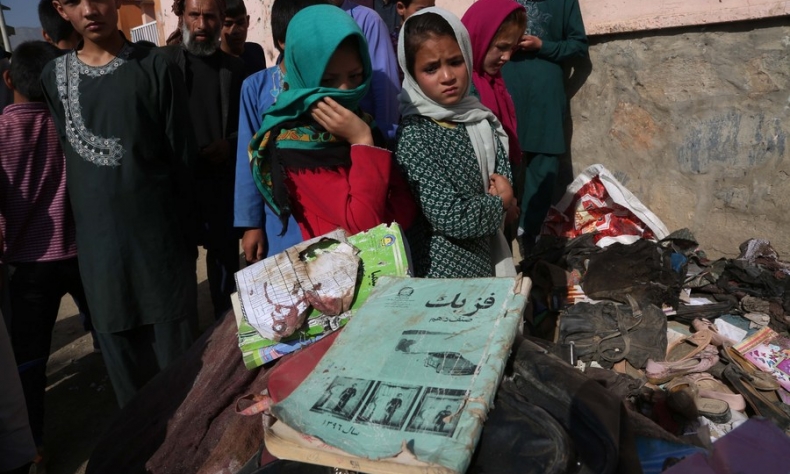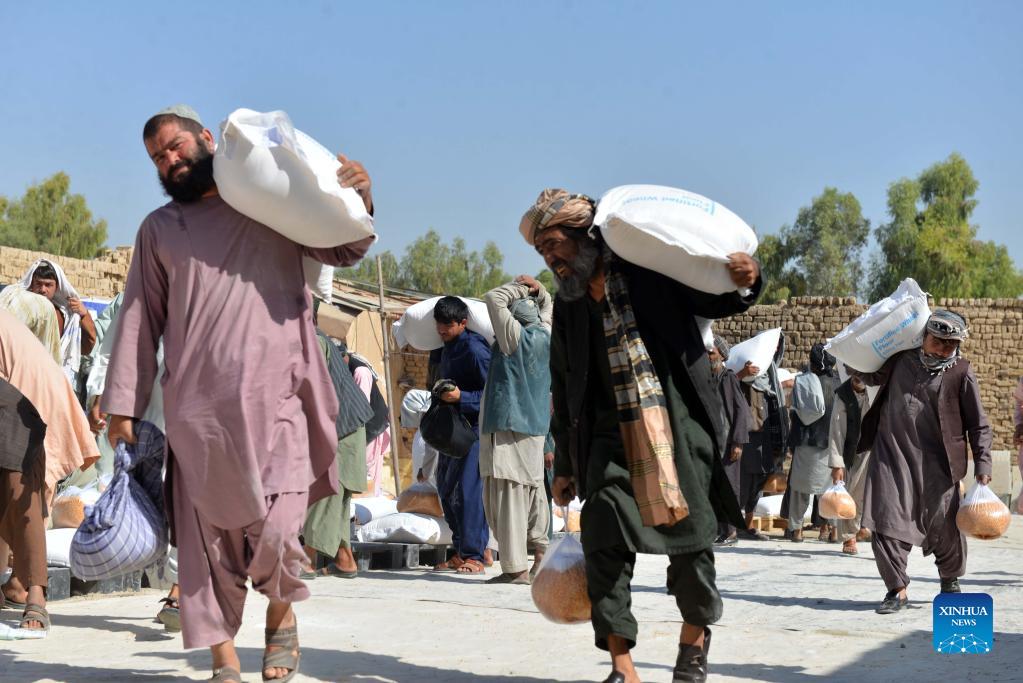The Humanitarian Crisis in Afghanistan: It’s Time to Act

Innocent Afghan people who are away from politics cannot wait any longer due to the current economic and humanitarian crisis. Even without political recognition, many things can still be done as long as the humanitarian concerns are respected.
The Afghanistan issue has become the focus of international media since the Taliban took power in mid-August. One of the significant problems concerning the international community and the media lies in the Taliban’s governance. However, given the current humanitarian crisis that the Afghan people are suffering, assistance from the international community is even more crucial.
Over the past two decades, turbulence in Afghanistan has left millions of refugees in the country, and more than 30 million people live under the poverty line. According to the United Nations, around 60% of Afghanistan’s 38 million people are expected to face crisis levels of hunger in a food emergency which could get even worse over the winter. In this regard, the UN has warned that Afghanistan is “on the brink of a humanitarian catastrophe.”
Indeed, there remains as much need for a political settlement in Afghanistan right now as before the Taliban took control of Kabul. However, to prevent the economic and humanitarian crisis in Afghanistan from worsening, the international community needs to put the politics aside and seek alternatives to provide financial and other assistance to support the Afghan people.
U.S. financial sanctions on Afghanistan are one of the major causes of its devastating crisis. The sanctions have paralyzed the banking system of Afghanistan, devastating its economy. According to the International Monetary Fund (IMF), the country’s economy is set to contract by 30% this year. In addition, a UN official recently said that a new depth of poverty had been witnessed as the drought and the economic crisis drove up food and fuel prices.

As such, efforts should be made to remove economic sanctions on Afghanistan and unfreeze its assets due to its financial shortfalls. Moreover, countries could develop trade cooperation with Afghanistan, such as importing agricultural products, which would increase local people’s income.
Second, the world is still ravaged by COVID-19, and the negative impacts are especially prominent in Afghanistan due to its weak health system. According to data from Johns Hopkins University, there had been 157,000 confirmed cases of COVID-19 in Afghanistan as of Nov. 21, including 7,365 deaths. However, just 8.2% of its population has been fully vaccinated so far, which is much lower than needed.
In addition, the country’s healthcare system is also on the brink of collapse due to the lack of necessary medicines and health supplies. Therefore, international organizations need to find ways soon to provide investment, develop cooperation, prevent the collapse of the country’s health system, and protect people’s lives.
Yet, foreign aid is merely a quick fix. Instead, it is more important for the international community to step up efforts to help Afghanistan establish a sustainable economy and ensure its people’s wellbeing.
It probably will take time for the international community to recognize the Taliban-led Afghan interim government. Still, innocent Afghan people who are away from politics cannot wait any longer due to the current economic and humanitarian crisis. Even without political recognition, many things can still be done as long as the humanitarian concerns are respected.
Jin Liangxiang is Senior Research Fellow with the Center for West Asian and African Studies, Shanghai Institutes for International Studies.
 Facebook
Facebook
 Twitter
Twitter
 Linkedin
Linkedin
 Google +
Google +










